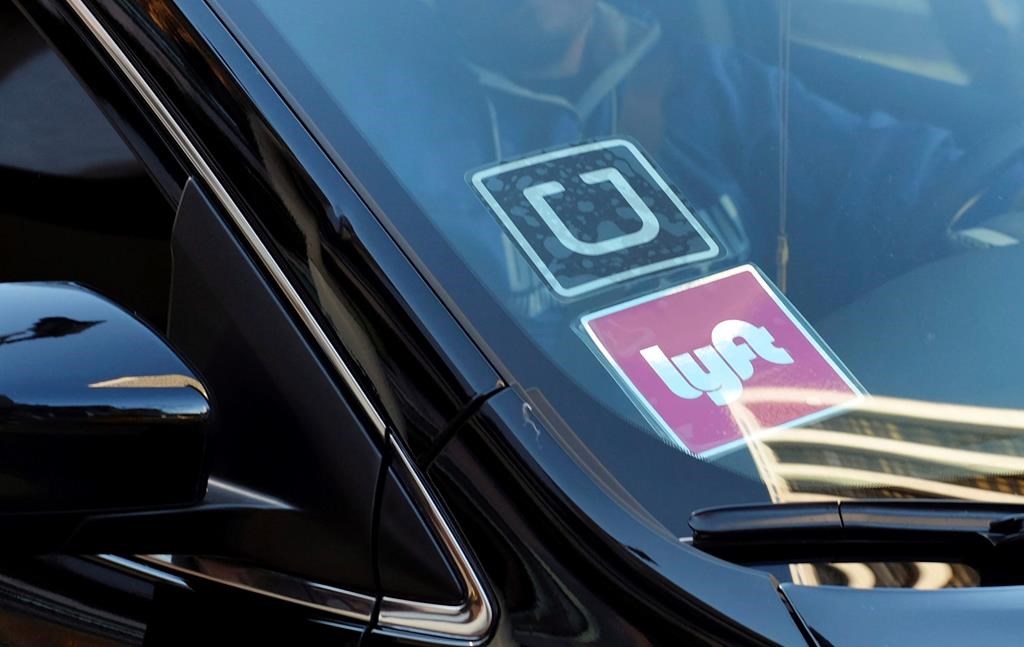The City of Enderby believes B.C.’s rules for ridesharing are too focused on what’s best for the province’s urban centers.

It’s pushing the province to relax the rules for ridesharing in rural communities to help attract the service to smaller centers.
“Once again small communities fell through the cracks,” Enderby Coun. Brian Schreiner said.
In particular, the municipality is taking issue with the requirement that ridesharing drivers have a Class 4 licence.
WATCH: (Sept. 13) Delta councillor comes out against ride-sharing

Enderby is urging the province to allow those with Class 5 licenses to work as ridesharing drivers outside the major urban centers.
Schreiner argues making that change would “give the rural communities a break” by helping to provide transportation options.

Get breaking National news
The city councillor believes ridesharing would help prevent drunk driving and help seniors who don’t drive get to doctors appointments.
Enderby currently does not have any taxi service and has very limited transit options.
However, the idea of relaxing licencing requirements in rural areas appears to be a non-starter for the province.
The Ministry of Transportation argues the requirement for a Class 4 licence will improve safety.
“Expert analysis of statistics from ICBC show Class 4 licenses are 13 per cent safer than the regular licence. If you include time spent on the road that number can increase to 40-45 per cent,” the ministry said in a statement.
The major players in the ridesharing industry, Uber and Lyft, have applied to work only in the Lower Mainland region.
However, at least seven other companies, mostly based in B.C. and Alberta, have applied to offer ridesharing in B.C.’s Interior.
In most cases, it’s not clear from the publicly available application summaries where exactly they intend to operate within the Okanagan, Kootenay and Cariboo regions.
One company, Thunder Bay-based Uride, states in its application it plans to launch in Kamloops and Kelowna, among other places.
Instead of relaxing the licencing rules, the province said it is hoping comparatively low entrance fees will “make it easier for smaller, made-in-B.C. companies” to get into the industry.
Other municipalities will have a chance to weigh in on Enderby’s proposal for relaxed ridesharing rules on Friday, when a resolution will be heard at the Union of B.C. Municipalities convention in Vancouver.








Comments